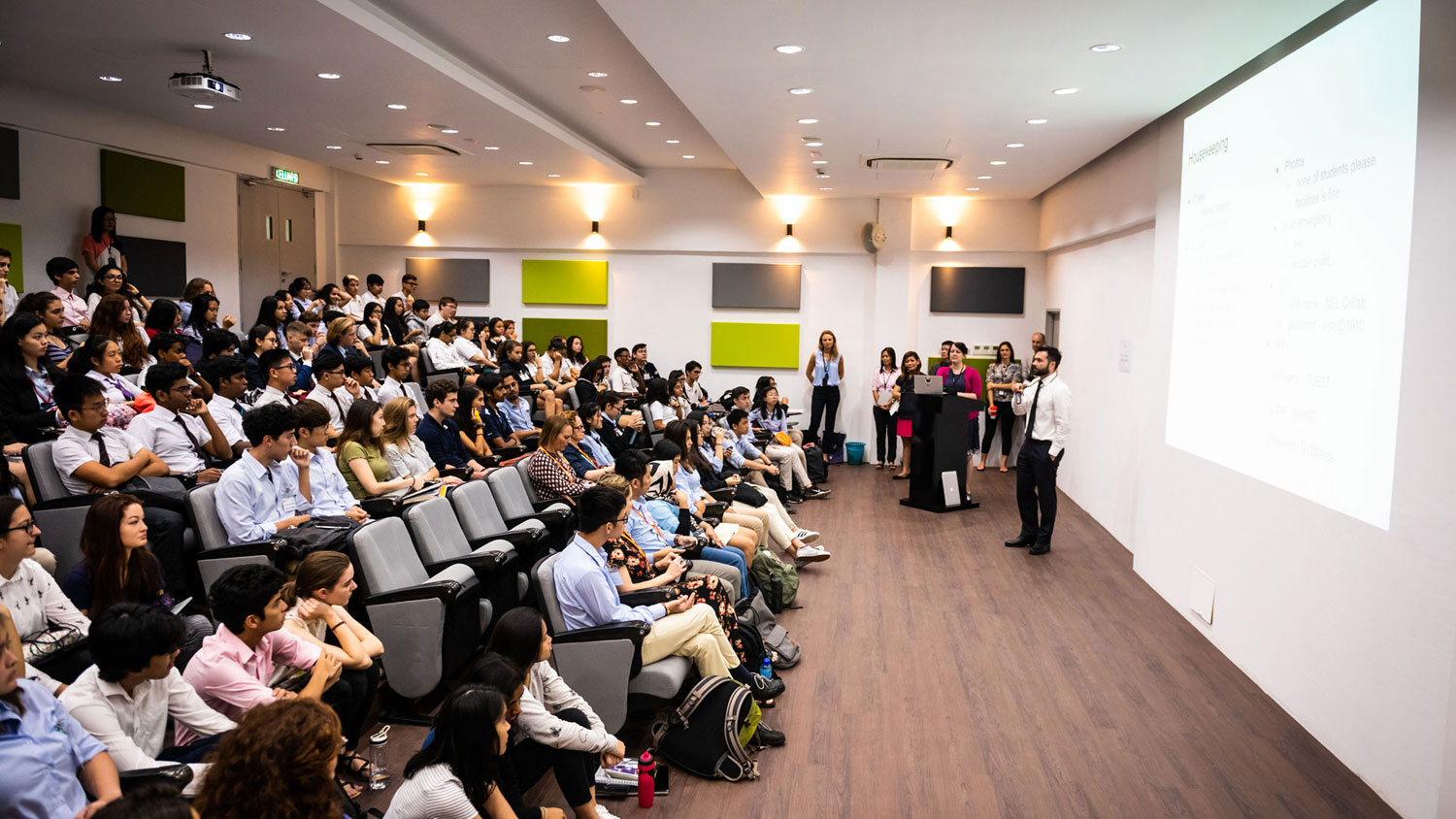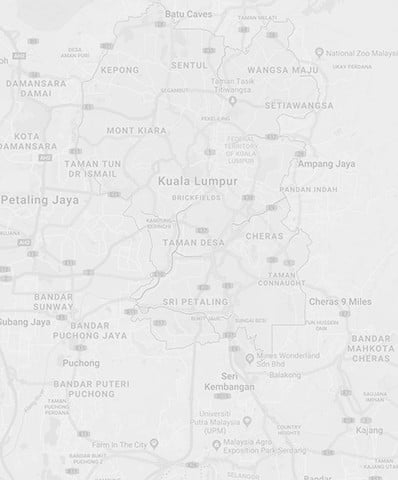By Joe Marshall, Head of Higher Education
I work at one of the top international schools in Asia, the Alice Smith School in Kuala Lumpur, where I am the Head of Higher Education (HE) provision.
Our students are afforded some of the best university opportunities from around the world; should they study in the UK, US, Australia, Canada, Asia or Europe?
The options are too numerous to list and new ones are created all the time. But is this the same higher education environment that all school leavers experience?
About a year ago, I went to a lecture given by the former conservative minister for universities, David Willetts.
Willets had just published a book on the subject of global university trends and he painted a picture of international student numbers as being somewhat nascent and small in comparison to the overall size of the Higher Education (HE) market sector.
Willets approximated that there were about 200 million undergraduate students worldwide, but that only about 2 million were currently studying abroad.
Clearly, finance is a key element for this; students who pass the residency requirements of a country or the in-state criteria in the US will be significantly financially incentivised to stay within that country. Likewise, the rising cost of a university education and the high cost of international fees, in particular, can prove prohibitive to many students.
However, perhaps one of the key reasons why many students choose not to go abroad is information.
Alice Smith Helps Students Find a University that is the ‘Right Fit’
At Alice Smith, we have made HE provision a core part of our Sixth Form package with the focus being on finding what American counsellors call the ‘right fit’ university for each student.
We look at their academic ability, professional objectives, extracurricular interests and even personality traits to help guide students to the right university for them.
The democratisation of information provided by the internet over the last 20 years has produced some useful tools for university applicants but it has also produced a confusing amount of information.
How should one, for example, interpret the numerous league tables which place the same institution in wildly different positions? The answer lies in quality guidance, but this is not something that all schools are able to provide because of time and resources.
Here in Malaysia, we have some excellent overseas facilities run by British, Australian and Irish universities, such as Nottingham, Monash and University College Dublin.
Recently, I was lucky enough to be able to visit the NYU campus in Abu Dhabi. The state of the art facility offered a real glimpse of where international education might be heading, where well-established names take their brand identity and organisational understanding into new territories at the bequest of local governments or incentivised by market forces in that region.
While NYU has expanded to the Middle East and China with their other overseas campus in Shanghai, a recent report by the Harvard Business School, estimated that up to half of colleges in the US could close over the next ten years.
Perhaps we are now entering an era with a greater diversification of destinations while diversification in student experience decreases as fewer institutions run multiple sites.
 Teaching Skills for the Future
Teaching Skills for the Future
At the other end of the university experience lies the world of work.
In an increasingly mechanised world where technical skills can become defunct at an alarming speed, the role of the university is increasingly to equip students with the core skills needed to navigate the modern workplace.
Cognitive flexibility, creativity and problem-solving skills are the types of attributes that will make current Alice Smith students successful in the future.
This is something that we are working very hard at developing an understanding of amongst our parents and students.
One can expect universities to continue to try and change in order to keep pace with what has been dubbed the ‘4th industrial revolution’.
However, perhaps the biggest change needs to come from the students themselves because in such a competitive environment just having a degree will not be enough to make them stand out.
Students need to be able to make the most of their university experience, involving themselves in activities, societies and work placements so that they stand out to employers.
At Alice Smith, we take great pride in our ability to give the best possible advice on university and other post school options. However, it is clear that the accelerated pace of change we see in the workforce is now filtering down to universities; so we will be working very hard over the next few years to make sure we keep up with this rate of change.
University education has always aspired to be more than just about an advanced vocational training; when the University of Cambridge was founded in 1209 AD it did so with the motto, “Hinc lucem et pocula sacra,” which (roughly) translates to, “From this place, we gain enlightenment and precious knowledge.”
But what does enlightenment and knowledge mean to today's students?
Here at Alice Smith, we believe it means being ready for a fast-moving, uncertain but exciting future. And that readiness our students feel for the future is just one of the reasons people choose to attend Alice Smith. We invite you to explore the other reasons by clicking the link below.


